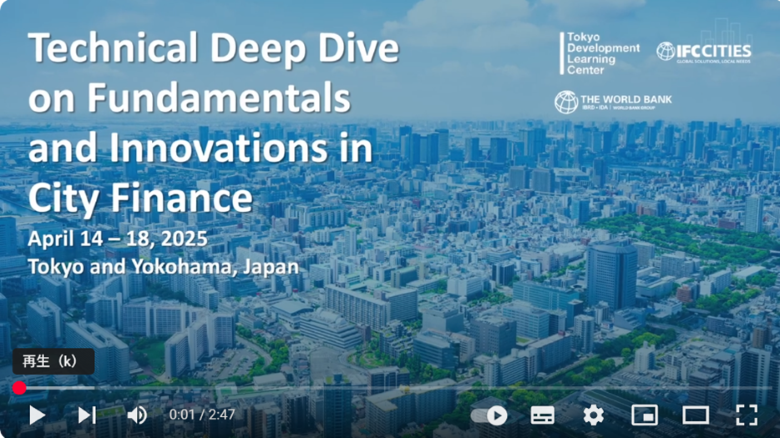
In an era of rapid urbanization, cities are central to global development. Currently, over half of the world’s population resides in urban areas—a figure projected to rise to 70% by 2050. Much of this growth will occur in developing countries. Urbanization drives economic advancement by fostering agglomeration economies, spurring innovation, enhancing social and economic interactions, and promoting more equitable distribution of prosperity.
However, urbanization also presents substantial challenges. The growing demand for urban services, combined with persistent infrastructure deficits, places tremendous pressure on municipal systems. Public sector resources are no longer sufficient to bridge these gaps. National governments are often fiscally constrained, necessitating the mobilization of resources at the subnational level and a diversification of financing mechanisms available to cities. Comprehensive, innovative financial strategies are essential for cities to meet these demands effectively.
To explore global best practices in mobilizing and managing fiscal resources for urban infrastructure and service delivery, the World Bank’s Tokyo Development Learning Center (TDLC), in partnership with the International Finance Corporation (IFC), convened a Technical Deep Dive (TDD) on Fundamentals and Innovations in City Finance in April 2025. The event brought together 14 delegations from World Bank and IFC client countries working in the municipal sector, focusing on four core themes:
- City financing frameworks and expenditure management
- Intergovernmental fiscal transfers
- Own-source revenue generation, including land-based financing and land value capture
- Leveraging private and commercial financing
Diagnosing the Challenges
At the outset of the one-week program, participants identified and shared the financial challenges their municipalities face. Common issues included inadequate funding for public services, weak revenue administration, excessive centralization, outdated regulatory frameworks, poor planning for revenue generation, limited creditworthiness, inefficient debt management, and capacity constraints among local government officials.
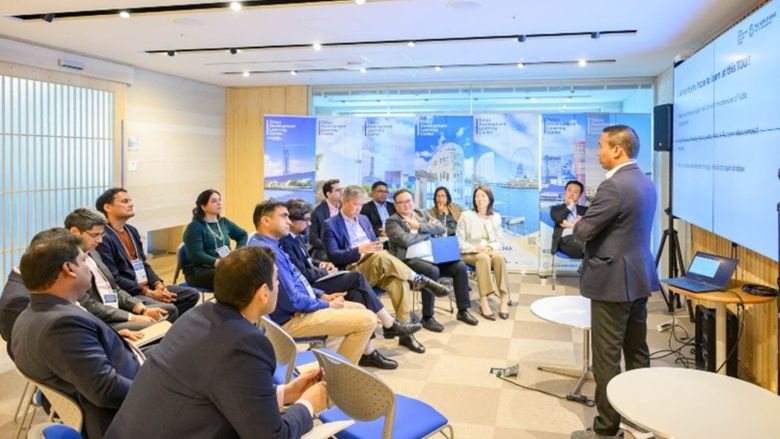
Key Activities and Highlights
As part of the knowledge exchange, participants studied Japan’s advanced municipal finance system, which features robust public-private partnerships, a resilient borrowing market, and a strong fiscal monitoring framework. Key highlights included:
- Yubari City Case Study: Participants examined the fiscal collapse of Yubari City in 2007, which catalyzed reforms in Japan’s local fiscal governance. A national monitoring system was subsequently established to safeguard the financial health of local governments.
- Site Visit to Yokohama City: Delegates learned about property tax and city planning tax assessments, followed by a visit to Minami Ward Office to observe Japan’s integrated “one-stop shop” for municipal services.
- Clean Plaza Fujimi: This solid waste treatment facility, managed by the inter-municipal body of Chofu and Mitaka cities, demonstrated effective intergovernmental collaboration and public-private management models.
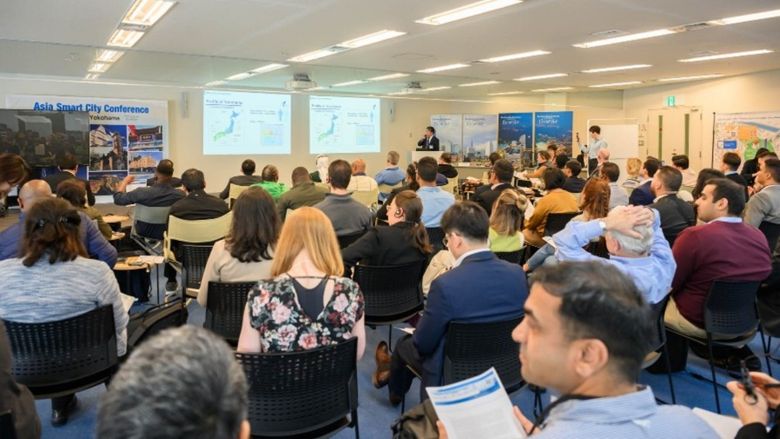
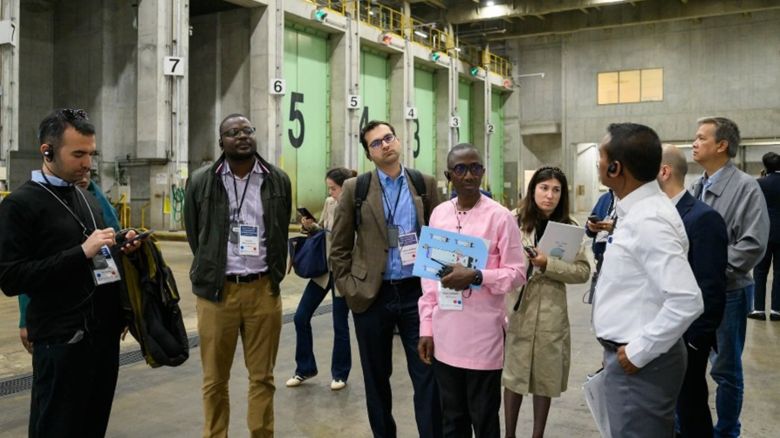
Additionally, the IFC presented on global borrowing markets and public sector investment frameworks. The sessions emphasized the importance of rigorous credit assessments and sound financial planning before pursuing commercial loans or Public-Private Partnerships (PPPs). Blended finance approaches—including concessional loans, guarantees, and grants—were also discussed as essential tools for financing infrastructure projects.
Key Lessons Learned
Throughout the program, several key takeaways emerged:
- Urbanization as a Double-Edged Sword: While urbanization drives economic growth and innovation, it also results in rising expenditures and heightened demand for services—creating a revenue-expenditure imbalance.
- Bridging the Fiscal Gap: Cities must adopt a multi-faceted approach to sustainable municipal finance. This includes:
- Establishing effective intergovernmental fiscal transfer systems
- Enhancing local revenue collection through tools such as land-based financing
- Leveraging private sector investment via PPPs
- Strengthening governance, creditworthiness, and cost-recovery mechanisms
- Japan’s Model: Japan’s municipal finance system demonstrates a balance of strong central oversight and local autonomy. Local governments collect approximately 40% of national tax revenues and can access long-term, low-cost financing through institutions like the Japan Finance Organization for Municipalities (JFM). The Yubari City crisis prompted a national overhaul that emphasizes financial prudence and accountability at the local level.
Actionable Strategies for Implementation
Participants identified specific actions they plan to implement in their respective countries:
- Develop diversified municipal financing strategies
- Improve tax collection and enhance own-source revenue generation
- Build capacity to manage performance-based grants
- Implement formula-based capital investment allocations for predictability and equity
- Establish comprehensive debt management frameworks
By enacting these measures, cities can strengthen their financial foundations and ensure the delivery of essential infrastructure and services, contributing to more livable and resilient urban environments.
Participant Reflections
“We hope to enable two policies, to enable our local government units to able to back to use and extract more value out of the own source revenues, and be able to as well maximize to use private credit and PPPs so that they're able to get more resources and to be able to deliver services on their constituents.”
Bayani Agabin (Undersecretary, Department of Finance, Philippines)
“This particular TDD has actually given us a very good platform to understand and to learn from other parts of the world that have actually implemented performance based grants and also implemented revenue enhancement strategies, and what we are taking home is that the performance grade based grants are quite critical in terms of clearly defining the indicators for the performance.”
Sibongile Mazibuko (Program Manager, Cities Support Program, National Treasury, South Africa)
A Knowledge Note published by TDLC on Property Tax in Yokohama City was featured in this TDD. Read it here.
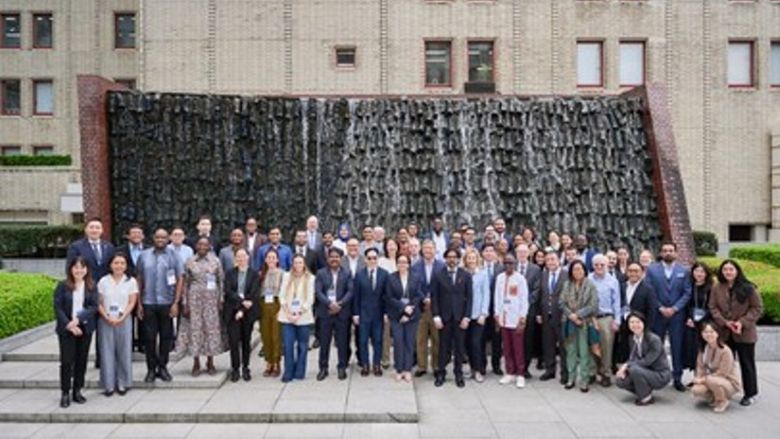
All the photos of the TDD are available here.